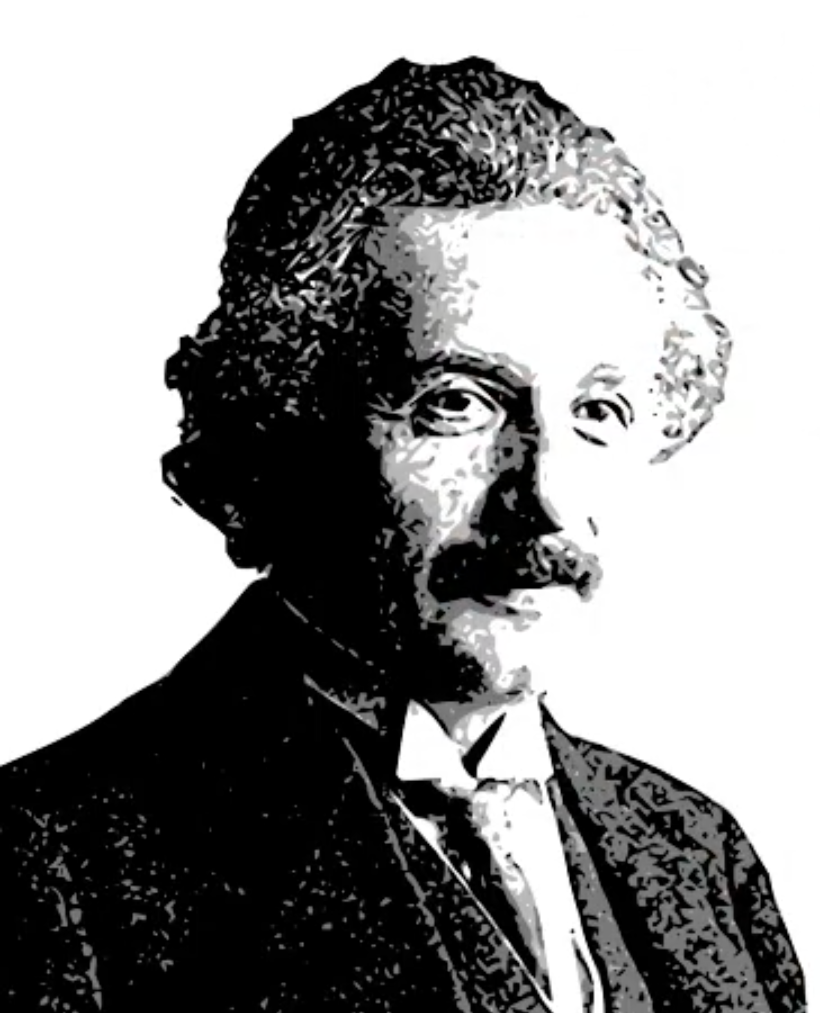Script / Documentation
Welcome to Just Facts Academy.
We have good news for you! You don’t have to be an Einstein to research like a genius.

Don’t take my word for it—he said it himself. That’s right! Einstein said: Scientific greatness is less a matter of intelligence than character if you refuse to accept incomplete answers and persist in grappling with the most basic and difficult questions.[1]
That means you don’t have to be brilliant. You simply need to make the effort and be honest about what you find. That’s where Just Facts Academy comes in.
Whether you want to ace that school paper, or you just want to be informed—we teach you a proven framework to ask the right questions, find genuine facts, and not get fooled by half-truths.

We know you can access tons of information. That’s easy. But it’s not all reliable.
Though some get fooled, most get overwhelmed and settle for the first few Google hits, their pet news source, or whatever feels right.
But you’re better than that. You need to be. So many issues have serious, even life-or-death consequences. They’re too important not to research correctly. It’s more than just a grade.
At Just Facts Academy, we know how hard and frustrating it can be to sort through the chaos of competing claims to find actual facts.
That’s why we developed clear, practical standards, to do just that. And now, we’re going to share them with you!
In this video series, we’ll show you how to become a skilled researcher by using our Standards of Credibility—a simple, but extremely effective system to follow Einstein’s advice.
Are you ready? Great! Hey, you’re starting to look smarter already.
Don’t be fooled. Don’t give up. Don’t settle.
Take this free course at Just Facts Academy and watch the video series at your own pace. Master the Standards of Credibility, so you can research like a genius.
Footnotes
[1] Book: Einstein in America: The Scientist’s Conscience in the Age of Hitler and Hiroshima. By Jamie Sayen. Crown, 1985.
Einstein scorned the popular notion that he was the greatest scientist. He liked to say that God had given him a mulelike stubbornness to stick with a difficult problem and the intuitive powers to conceptualize complex hypothetical situations in his mind. …
Scientific greatness, he was fond of saying, is less a matter of intelligence than character, whereby the scientist refuses to compromise or accept incomplete answers and persists in grappling the most basic and difficult questions.


